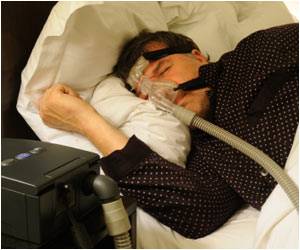The difference between people's preference regarding place of care, as opposed to place of death, is often overlooked.

Dr. Pollock argued, "More research is needed regarding what matters most to people at the end of life. For example, the difference between people's preference regarding place of care, as opposed to place of death, is often overlooked."
The researcher explained that hospitals have become widely regarded as inappropriate and undesirable places to die. She said, "There are concerns about poor quality of care and the high costs incurred by deaths in hospital. However, hospitals may be preferred by patients who see them as places of safety and effective control of symptoms, especially for those who suffer distress and pain. Also, many patients wish to avoid imposing a burden on their families and may prefer to transfer responsibility for care from home to hospital."
It is important to recognize and accommodate the diversity of patient preferences for place of death. Dr. Pollock said, "Disregarding the hospital as a site of terminal care, much greater thought and adequate resources must be directed to enabling hospitals to provide excellent support for dying patients and their families."
The study appeared in the British Medical Journal.
Source-IANS
 MEDINDIA
MEDINDIA




 Email
Email




